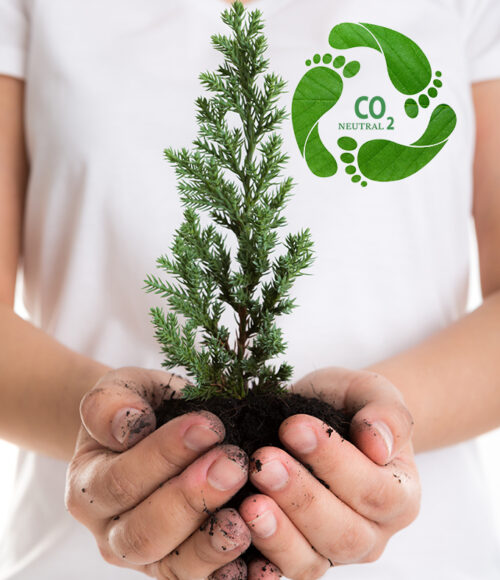Carbon Market Development
Rosehill Group specializes in providing carbon market development services, leveraging its expertise and experience to help clients navigate the complexities of these dynamic markets. Our commitment to excellence, innovation, and sustainability ensures that our clients receive the highest level of service and results.
CARBON MARKET DEVELOPMENT
- Advisory
- Market infrastructure and software
- Carbon project development and trading
The Federal Government of Nigeria has mandated Rosehill Group to provide carbon trading advisory, energy transition economics, and green infrastructure development consulting services to the National Council on Climate Change (NCCC).

Climate Change
Climate change refers to significant changes in global temperatures and weather patterns over time. While climate change is a natural phenomenon, scientific evidence shows that human activities have greatly accelerated the rate of change, primarily through the release of greenhouse gases into the atmosphere.
The main cause of current climate change is human activity, most significantly the burning of fossil fuels (coal, oil, and gas) and deforestation. These activities increase the concentration of greenhouse gases in the atmosphere, leading to a rise in the Earth’s average temperature, a process known as global warming.
Effects of climate change include more frequent and severe weather, such as droughts, storms, heat waves, and floods. Other effects include sea level rise, shifts in crop growth, and extinction of certain species.
Addressing climate change requires international cooperation to reduce emissions and invest in green technologies and renewable sources of energy. This is where concepts like carbon trading come into play, as they provide economic incentives for reducing emissions.
Carbon Trading/Emission Trading
Carbon trading, also known as emissions trading, is a market-based tool to limit greenhouse gas emissions. It works on the principle of ‘cap and trade’. The ‘cap’ sets a maximum limit on the amount of greenhouse gases that can be emitted by certain sectors of the economy. Companies or other groups are issued emission permits and are required to hold an equivalent number of allowances (or credits) which represent the right to emit a specific amount. The total amount of allowances and credits cannot exceed the cap, limiting total emissions to that level.
Companies that need to increase their emission allowance must buy credits from those who pollute less. The transfer of allowances is referred to as a trade. In effect, the buyer is paying a charge for polluting, while the seller is being rewarded for having reduced emissions by more than was needed. This system encourages companies to reduce their emissions and allows for reductions to take place where the cost of the reduction is cheapest. Carbon trading is considered an effective way to reduce emissions and combat climate change. However, it’s also subject to criticism, including concerns about its effectiveness and fairness.

